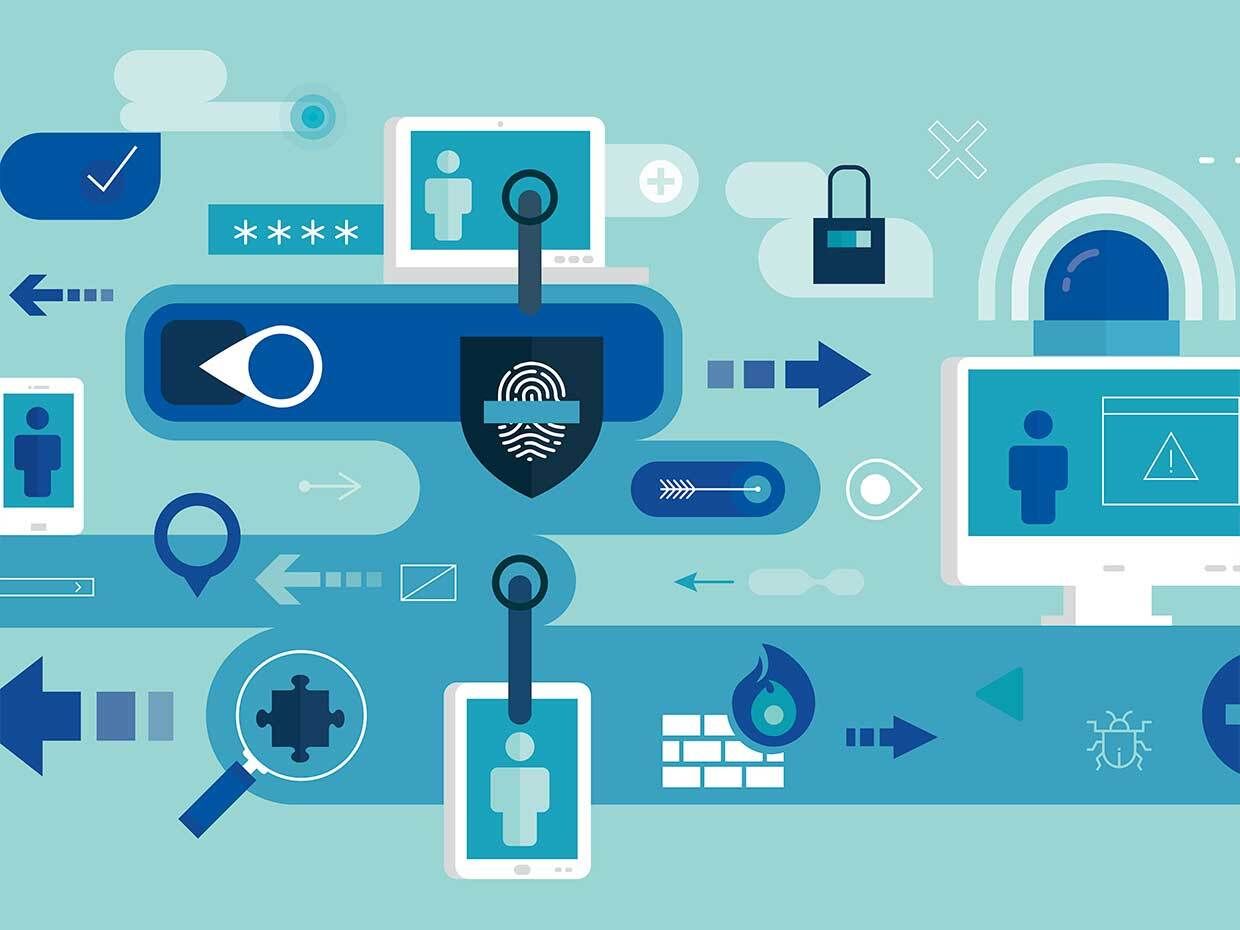
5 AI Ethics in Corporate World, Artificial Intelligence (AI) has woven itself intricately into the fabric of the corporate world, reshaping the way businesses operate and make decisions. As AI’s influence expands, so does the importance of ethics in its application. This article delves into the realm of AI ethics in corporations, exploring concepts like corporate AI responsibility, ethical AI practices, and the broader landscape of business ethics in AI.

Table of Contents
AI Ethics in Corporations
In the corporate landscape, AI Ethics has emerged as a critical concern. It encompasses a set of principles and guidelines that dictate how AI technologies should be developed, deployed, and used within organizations. Ethical considerations are essential to ensure that AI aligns with human values, respects individual rights, and avoids harmful consequences.
Corporate AI Responsibility
Corporate AI responsibility refers to an organization’s duty to use AI technologies in a responsible and ethical manner. This responsibility extends beyond profitability and includes considerations for societal impacts, transparency, and fairness. It requires corporations to acknowledge the ethical implications of their AI-driven decisions.
The Imperative of Ethical AI Practices
As AI systems become more autonomous and capable, businesses must adopt ethical AI practices to navigate the evolving ethical landscape.
Transparency and Accountability
Ethical AI practices demand transparency and accountability. Corporations should be transparent about how AI algorithms make decisions and be accountable for their outcomes. This transparency builds trust with stakeholders, including customers, employees, and the public.
Fairness and Bias Mitigation
Bias in AI algorithms is a concerning issue. Corporations must implement measures to mitigate bias in AI systems. This involves continuously monitoring and correcting algorithms to ensure fairness in decision-making processes.
Data Privacy and Security
AI often relies on vast datasets. Ethical AI practices include safeguarding the privacy and security of this data. Corporations must adhere to data protection regulations and implement robust security measures to prevent data breaches.

Inclusivity and Accessibility
AI systems should be designed with inclusivity and accessibility in mind. Corporations must ensure that their AI applications are accessible to all individuals, including those with disabilities, and do not discriminate based on factors such as race, gender, or age.
Human Oversight
While AI can automate many tasks, human oversight remains crucial. Ethical AI practices emphasize the need for humans to have the final say in decisions made by AI systems, especially in contexts where ethical dilemmas arise.
Business Ethics in AI
Business ethics in AI encompass a broader spectrum of ethical considerations that go beyond individual corporate responsibility. These considerations are central to the entire AI ecosystem.
Regulatory Compliance
Businesses must adhere to relevant AI regulations and standards. This includes compliance with data protection laws, consumer protection regulations, and industry-specific AI guidelines.
Responsible AI Supply Chains
AI ethics also extend to supply chains. Corporations should ensure that the AI technologies they use or develop are sourced responsibly, taking into account the ethical practices of suppliers.
Ethical AI Partnerships
Collaborations and partnerships in the AI field should align with ethical values. Corporations must carefully choose partners who share their commitment to ethical AI practices.
Public Engagement
Engaging with the public and seeking input on AI-related decisions is a growing ethical practice. It fosters transparency and helps businesses make more informed, ethical choices.
Environmental Impact
The environmental impact of AI infrastructure is another ethical concern. Ethical businesses should strive to reduce the carbon footprint of AI operations and promote sustainable AI practices.

The Road Ahead, 5 AI Ethics in Corporate World
In the corporate world, the journey towards ethical AI is ongoing. As AI technologies continue to evolve, so too will the ethical considerations that surround them. Corporations must remain vigilant, adapting their practices to meet emerging ethical challenges.
In conclusion, AI ethics in corporations is an indispensable aspect of modern business. Corporate AI responsibility, ethical AI practices, and business ethics in AI collectively shape the ethical landscape within which AI technologies operate. Embracing these principles is not just a matter of compliance; it’s a strategic imperative that builds trust, fosters innovation, and ensures a brighter and more ethical future for AI in the corporate world.